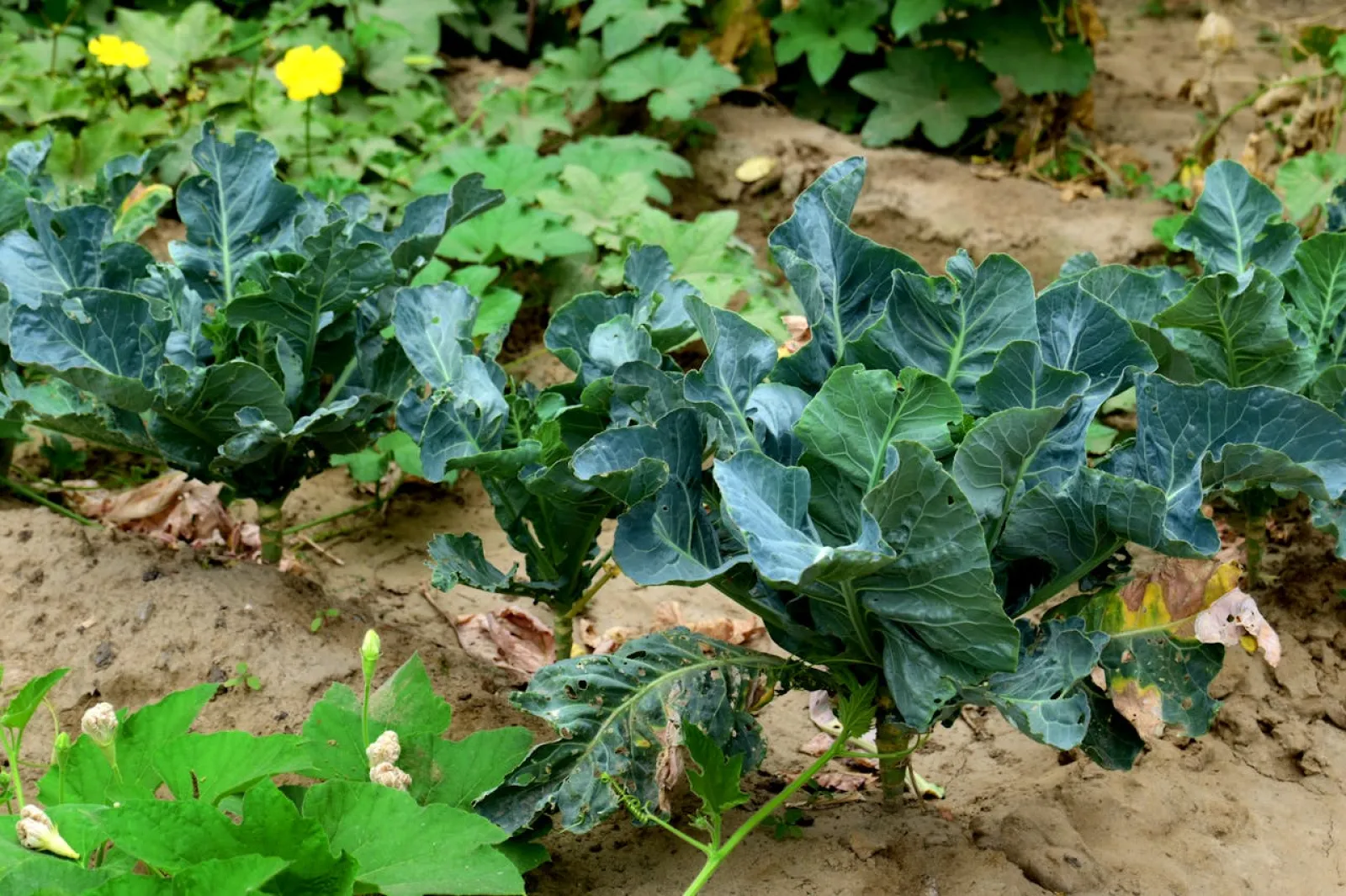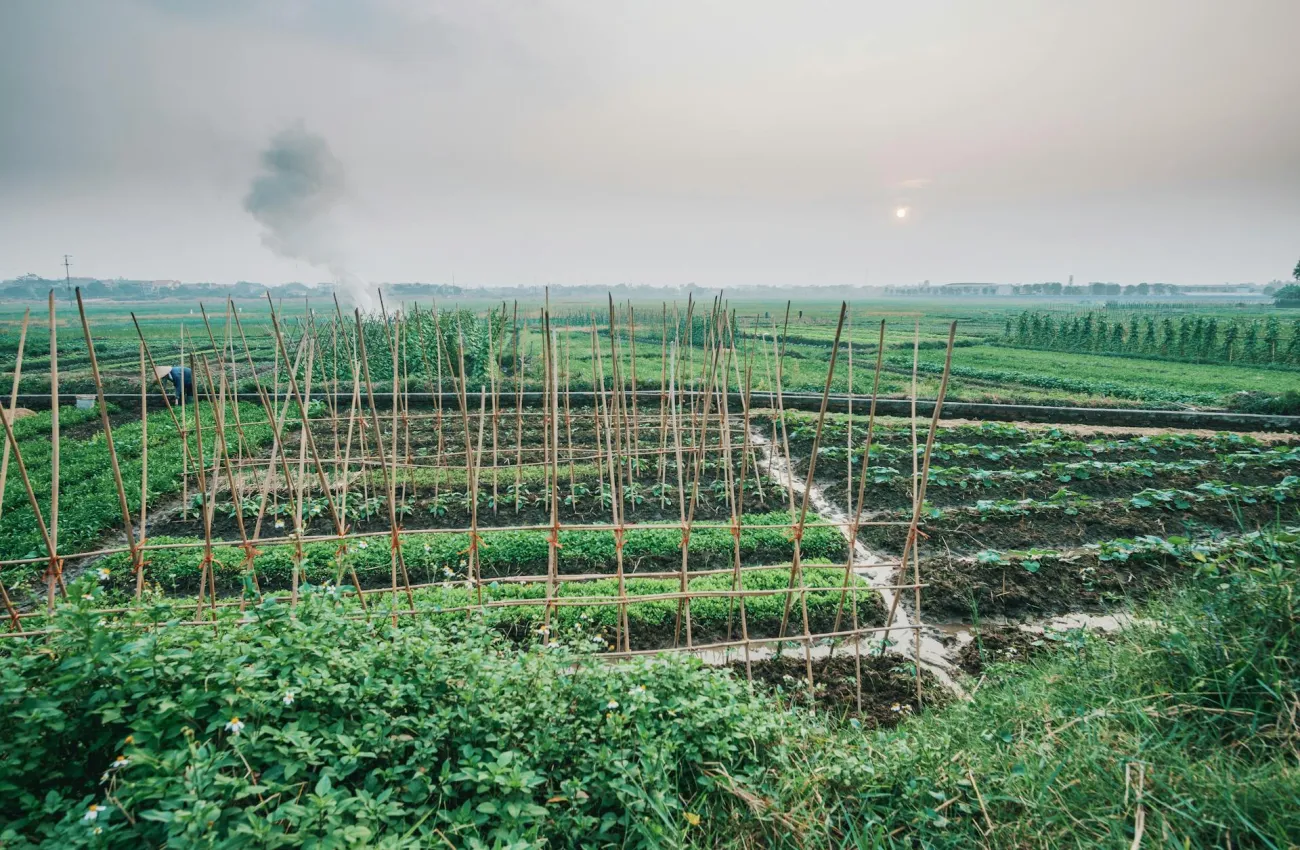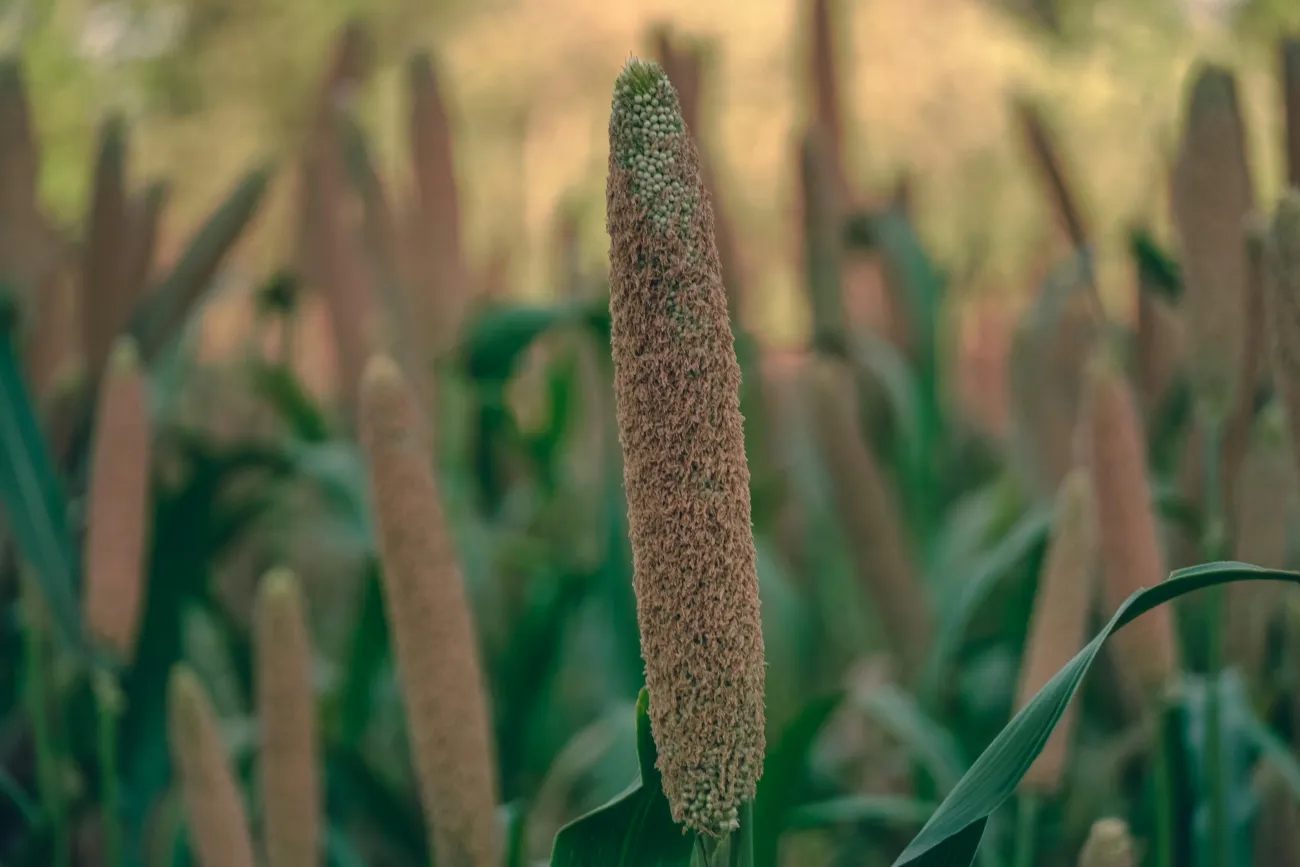This study analyses the biodiversity pressure of fruit and vegetables in the UK, South Africa and India, comparing imported and domestically grown. In all three, imported fruits typically exert greater pressure than domestically grown fruits. Contrastingly, in India and South Africa, imported vegetables generally have a lower biodiversity pressure than domestically grown.
Abstract
In many countries around the world, fruit and vegetable consumption must increase to improve human health, potentially pressuring local and global biodiversity. Here we use biodiversity-pressure metrics to compare the biodiversity pressures associated with fruits and vegetables consumed in the United Kingdom, India and South Africa. We found that biodiversity pressure for individual crops varies greatly with origin. In all three countries, imported fruits are typically associated with greater pressure than domestically grown fruits. Contrastingly, in India and South Africa, imported vegetables generally have a lower biodiversity pressure than domestically grown vegetables. Oranges, popular in the United Kingdom and South Africa, exert almost three times more biodiversity pressure than bananas—one of the most-consumed fruits in the United Kingdom and India. Our analysis illustrates the quantification of crop-specific biodiversity pressures and provides evidence for the development of more sustainable food systems.




Comments (0)